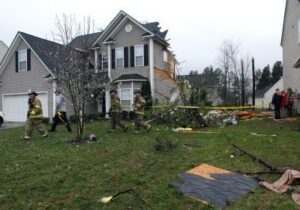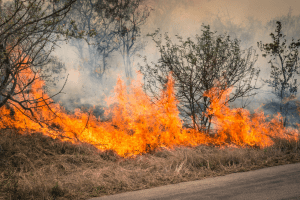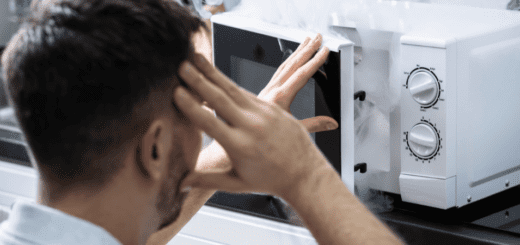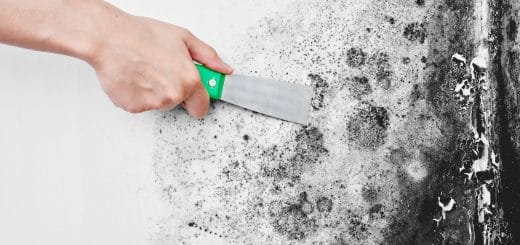How Do Wildfires Start?
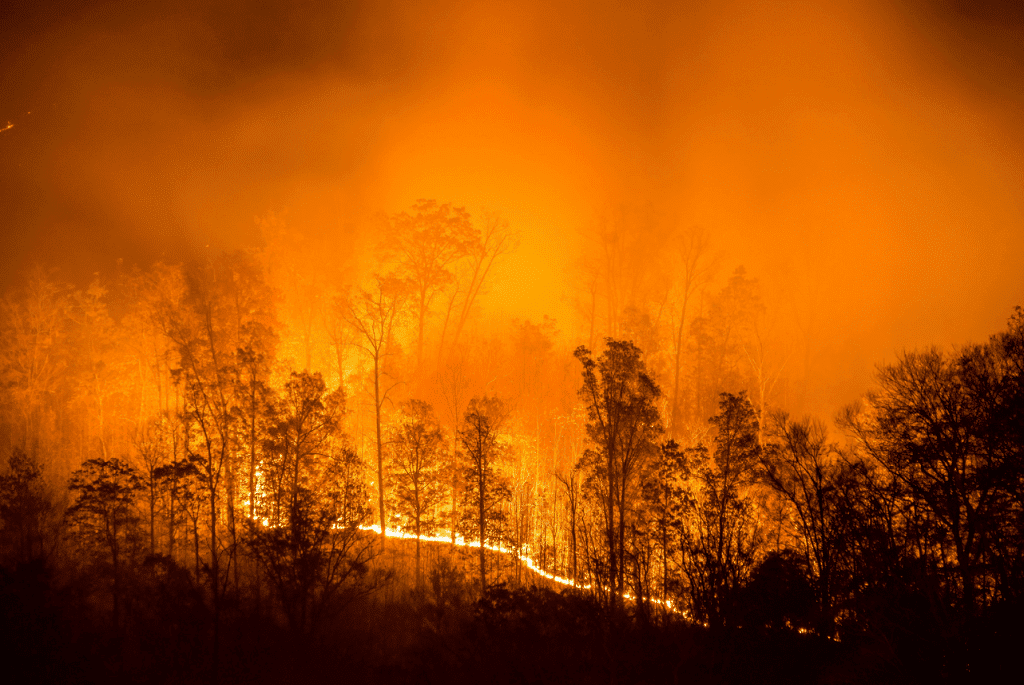
Wildfires are dreaded natural disasters because they destroy wildlife, livestock, land, and threaten the lives of civilians and emergency responders. They cause devastating effects to property and nature throughout the country and unfortunately, wildfires are becoming much more common. So, how do wildfires get started?
Humans are the cause of about 90% of forest fires, but nature and other things contribute to the other 10%. The best way to stay safe is to prevent the wildfire from starting in your area. Check out the various reasons wildfires start, how they form and burn, and what to do to stay safe.
When are the Wildfire Seasons?
Wildfires can happen anywhere in the country and can happen at any time throughout the year. Wildfire seasons most likely approach in summer when the temperature reaches the highest, the risk of drought increases, air and wind get warmer. The probability of a wildfire is always higher during periods of little or no rain, which makes shrubs, grasses, and trees dry and more flammable. Strong winds can also contribute to the spread of fire. If you live in a bushfire-prone area, prepare now and work with your neighbors to build a fire-adapted community.
How do Wildfires Form?
It’s true that humans are the leading cause of all wildfires, but nature hastens the spreading and intensity of the fire. Natural conditions that increase the risk of wildfires include droughts, high winds, dry brush, trees, and grass. These conditions can make a small, contained fire spread and become an uncontrollable wildfire. Firefighters often take preventative measures like removing brush that will likely cause a wildfire in the future.
How do Wildfires start?
Wildfires occur because of both man-made and nature-made causes, but humans are much more likely to be responsible for wildfires and forest fires. The various causes of wildfires include the following:
- Arson: Arsonists are people who intentionally start wildfires and forest fires, which is a serious crime.
- Brush: Burning brush is easier than removing it, but also significantly more dangerous. Brush catches fire quickly and easily spreads, especially during droughts or dry seasons. Disastrous wildfires can begin with a simple brush fire.
- Campfires: A campfire left unattended can leadLead is a heavy metal that can be toxic to humans, especiall... More to a wildfire, so if you want to build a campfire for cooking or heat, take proper safety precautions and don’t leave it unattended.
- Cigarettes: A cigarette discarded carelessly can create a wildfire, especially in dry conditions.
- Lava: In certain cases, volcanoes emit lava that can cause wildfires in the area.
- Lightning: While humans are often the cause of wildfires, this isn’t always the case. Sometimes storms and dry lightning can spark a fire without the rain to put out the flames.
How do Wildfires burn?
Fuel, oxygenOxygen is a chemical element essential for combustion and li... More, and heat are the three elements required for a wildfire or forest fire to burn. If even one of these elements is absent, the flames will go out. Fires are identified as three types once they reach the combustion stage:
- Smoldering fire: Emits only smoke and no flame, difficult to self-sustain
- Fire: Flaming combustion accompanied by flames
- Glowing combustion: Late stage of the fire that includes a slower rate of blue flame and combustion
Forest fires are also identified by the area of the forest they burn in:
- Ground fires: Occurs below the leaves on the ground
- Surface fires: Occurs on the surface
- Crown fires: Occurs on the treetops and are considered the most dangerous forest fire
In a large, unencumbered forest fire, two or all these fire types may occur simultaneously.
How to Stay Safe in case of Wildfire?
The best way to remain safe during a wildfire or forest fire is to be prepared beforehand, especially if you live somewhere prone to wildfires. It is important to form an emergency plan and communicate it to your loved ones. Create an emergency kit including clothing, blankets, medications, first aid supplies, and other personal items.
Clear brush and dead plants away from your yard because dead or dry vegetation causes wildfires to keep spreading and will endanger your home. Install a smoke alarm in your house and inspect it regularly to ensure it is working properly. Wildfires can start at any time and spread quickly, so learning about the disaster quickly increases your risk of avoiding injury.
Most importantly, listen to the news on television, radio, and other media to communicate with authorities who will give instructions to citizens in the area during a wildfire. Listen to the directions the authorities give you and evacuate if you’re told to do so.
How to prepare for the next wildfire?
- Find out if you live in a wildfire-prone area and stay alert: Contact your state or local government emergency management agency for help understanding your local wildfire risk. You can also download the FEMA mobile app and sign up for your community alert in your system to be informed about any warnings and signs of imminent fire, storm, or disasters.
- Vegetation Management: limit the amount of flammable vegetation in the three surrounding fire zones. A wildfire does not cover everything in its path, it only advances to locations that meet the conditions needed to continue burning.
- Build a house with high fire resistance: Inspect roof tiles and replace or repairRepair is the act of fixing or restoring damaged property, m... More loose or missing ones to prevent embers from penetrating. Never store combustible materials under floors or porches. Remove dead plants and debris from under floors and patios and between deck joints.
- Get involved in community efforts: Your community may already have a fire protection program and neighborhood landscaping planning. Be aware of your community’s effort and get involved to coordinate and properly react in the situation of wildfire.
- Collect your emergency supplies: Prepare the most necessary items with you for evacuation (food, water, personal hygiene), masks with N95 air filter valves, and prescription drugs
- Plan evacuation for a wildfire: Practice evacuating in advance, think about where you will go to for evacuation, how will you get there, do you need carpool or public transportation.
Fire Damage Restoration Professional
After the wildfire, don’t return to your home until you receive the safety announcement from your local authority to do so. After the wildfire, fire, and smoke damages to your properties are inevitable. You should contact a trusted fire damage restoration company in your area and have them take care of structural repairing, odorAn odor is a smell, often detectable by the human nose, whic... More removal, and sootSoot is fine black particles composed of carbon and other ma... More cleanup. Professional assistance from specialists will guarantee the quality restorationRestoration is the process of returning a property to its pr... More of your home.










